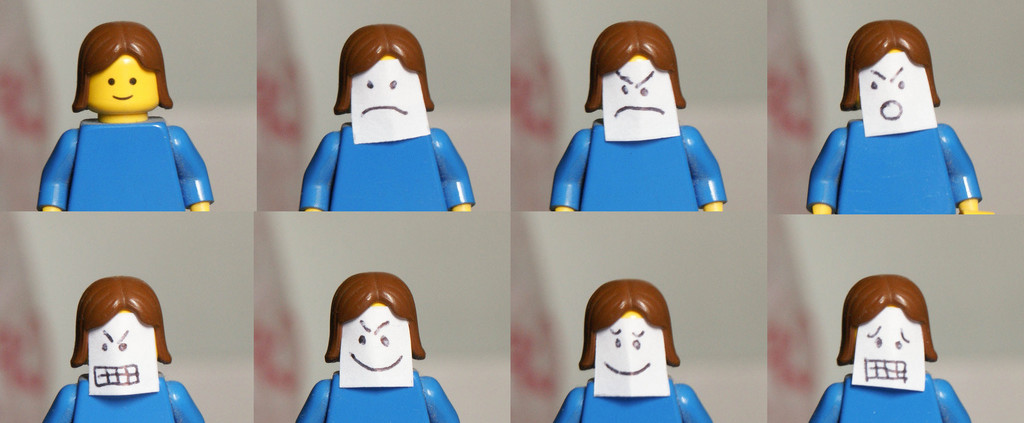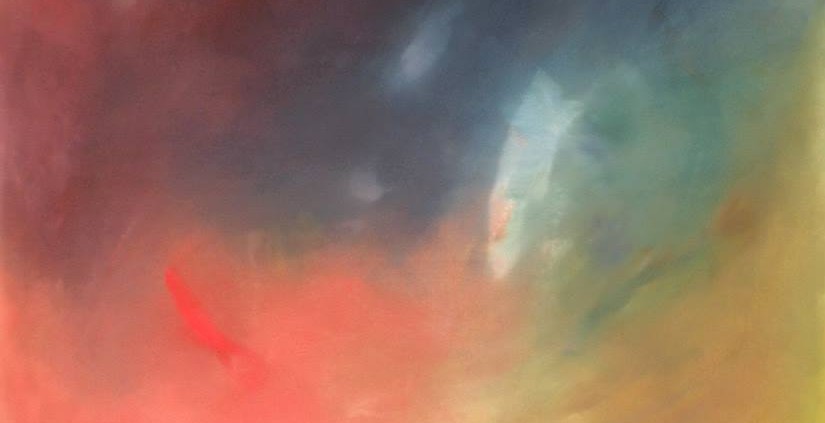The Inner Self vs. The Outer Self
Yesterday I listened to a podcast while painting a bathroom. This is the great thing about podcasts — they make you want to write blog posts. This particular one was “On Being” with Krista Tippett, and for the bathroom-painting episode, she was interviewing Seth Godin, who is hugely popular in certain internet circles, especially for his ideas and writing about authentic marketing.
Seth and Krista were chatting about how to get your message out, and who to connect to, and what makes that connection meaningful. If you want to know all the details about this, I recommend listening yourself. The super boiled-down version that I took away was: it’s not about how many people you connect to. It’s much more about connecting with the right people, with your tribe, and feeling part of that community.
This is not a new idea for me. I doubt Seth invented it (if he did, bravo!), but it’s at this point it’s widely dispersed on the web, and I’ve even written around the idea before. But something clicked for me this time. An analogy, or parallel, or metaphor (oh, the power of metaphor!), that I’ve experienced personally with the disconnect between the inner self and outer self.
Basically this: so often, we do work because we’re good at it, or because we think more people will like it, or like us. I do this all the time. All the time. And on the surface, it’s useful. It makes it easier for people to like us, it makes us relatable. These are great things! They contribute to meaningful relationships. But this bending of ourselves also has negative aspects to it. Over the long-term, it wears us down. It keeps us from intimately knowing our deeper selves. It allows us to repress things we don’t think will mesh well with everybody else, and I would argue, from developing a strong sense of character.
And for me, sometimes I do feel like I lack character. I worry that I’m boring. That by being some kind of meditation/mindfulness guide, I’m not supposed to have strong opinions about things, or at least not express those feelings. I love guiding meditation and leading mindfulness workshops, but I worry that I give the impression of being chill and passive all the time. Don’t worry friends, I am not always chill and passive!
Here are some things about me that are not encompassed by this mindful/deliberate internet persona I’ve somewhat intentionally created:
- I love long, intellectual novels. Infinite Jest is my favorite book even though everyone says it’s pretentious. Anna Karenina and War and Peace are tied as my favorite Tolstoy novels, and I think Proust is a baller.
- I’m often pretentious and arrogant. I think I’m right about a lot of things, even though I spend a lot of time trying to convince myself I’m not right about everything.
- I’m a huge fan of Bernie Sanders, and consider myself to be a socialist. I think capitalism is evil, and exploits humanity’s most base tendencies.
- Sometimes I care a lot about money and capitalism.
- I don’t meditate everyday, and sometimes I go weeks without doing it at all. I do notice a difference in my life (things aren’t as good) when I’m not meditating regularly, but that isn’t necessarily enough to get me to get back in the routine.
- I exercise a LOT (ideally twice a day), and believe that that is the number one most important thing we can do for our mental and physical health. Way more than meditating.
- I keep meaning to see a therapist, but keep avoiding it.
- I like getting absorbed in board games, and I’m good at them. Some combination of being competitive and good at math.
- I’m good at math.
As you can see, this is kind of a silly list and the things are not a big deal. I doubt any of them are going to cause me to lose my “tribe.”
So, let me pose a question. What are the things about you that you repress, or don’t like to bring into the public eye? Why is that? Is that something you want to change? It’s not necessary to do so, but I think it’s a good thing to acknowledge and be aware of. There’s the mindfulness coach talking again…


